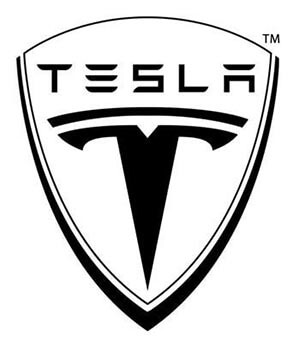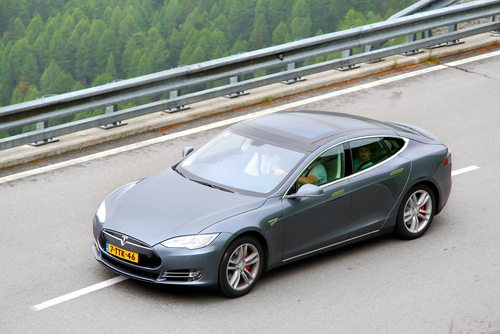
The National Highway Traffic Safety Administration opened a preliminary investigation into Tesla’s “phantom braking” issue after drivers complained about sudden braking in models equipped with Autopilot.
Tesla vehicles with the Autopilot or advanced driver-assistance system are reportedly braking suddenly without warning at highway speeds. There are at least 354 phantom braking complaints to the NHTSA by Tesla owners.
The NHTSA is now investigating the 2021 and 2022 Tesla Model 3 sedan and Tesla Model Y SUV hatchbacks sold in the United States due to the allegedly phantom braking issue. Some 416,000 vehicles are part of the auto-safety regulator’s investigation.
Drivers complain their vehicle would suddenly brake while in motion if they were using Autopilot or adaptive cruise control or other active driver assistance system.
Fortunately, there are no known collisions or injuries due to the problem at this time, the NHTSA reports. However, many owners say they will not use Tesla cruise control features anymore due to fear that they will cause a collision. One owner reported traveling at 70 mph when the vehicle suddenly applied its brakes even thought there were no hazards nearby. The vehicle rapidly decelerated down to 40 mph on the freeway, a potentially dangerous situation to be in.
Back in October 2021, Tesla issued a software update, but the next month it discovered it created a communication error and therefore had to provide another update to address the phantom braking issue.
Later on Thanksgiving Day in 2022, a Tesla Model S traveling with its driver-assist software engaged caused an 8-vehicle pileup when it suddenly braked in the San Francisco area, according to The Mercury News. The multi-vehicle crash occurred just hours after Tesla CEO Elon Musk announced its “full self-driving” driver-assist system was available in North America. Anyone could request it or buy it as an option in their Tesla. After the San Francisco collision, a special crash investigation team from the NHTSA went to California to investigate the cause because there were so many complaints about phantom braking.
There is currently no known recall addressing phantom braking problems at this time, but the NHTSA is investigating and could order a recall at some future date if necessary. Indeed, this problem is scary for drivers and may potentially lead to a serious collision.
Ongoing problems with a Tesla due to phantom braking that are not repairable or cause your vehicle to be in the repair shop at least four times or 30 days, may constitute grounds for a lemon law case in California.
Tesla Faces Other Challenges

Tesla recently recalled 54,000 cars equipped with its Full Self-Driving software because there were circumstances where the feature would become disabled. If this happens, the vehicle would slowly roll through an intersection without stopping.
Additionally, the NHTSA opened a formal investigation into the Autopilot feature in 2021 to determine why the sensors are failing to identity objects and other vehicles while driving. Consumers made 11 complaints about incidents where their Tesla failed to stop for police vehicles, fire trucks and other emergency vehicles with flashing lights.
Finally, Tesla recalled 12,000 cars over the last few months in order to correct a braking problem. They also recalled 458,000 other vehicles for two separate mechanical defects. Also, Tesla turned off a feature permitting drivers or front passengers to play video games on the dashboard touch-screen while car were in motion.
- NHTSA Investigates 2022 Ram Pickup, Jeep Wagoneer SUVs Engine Stalling - July 23, 2024
- Tesla Recall to Fix Seatbelt Issue in Model X, S, Y and 3 Vehicles - July 17, 2024
- What are the 4 Latest Recalls for Tesla Cybertruck? - July 17, 2024
